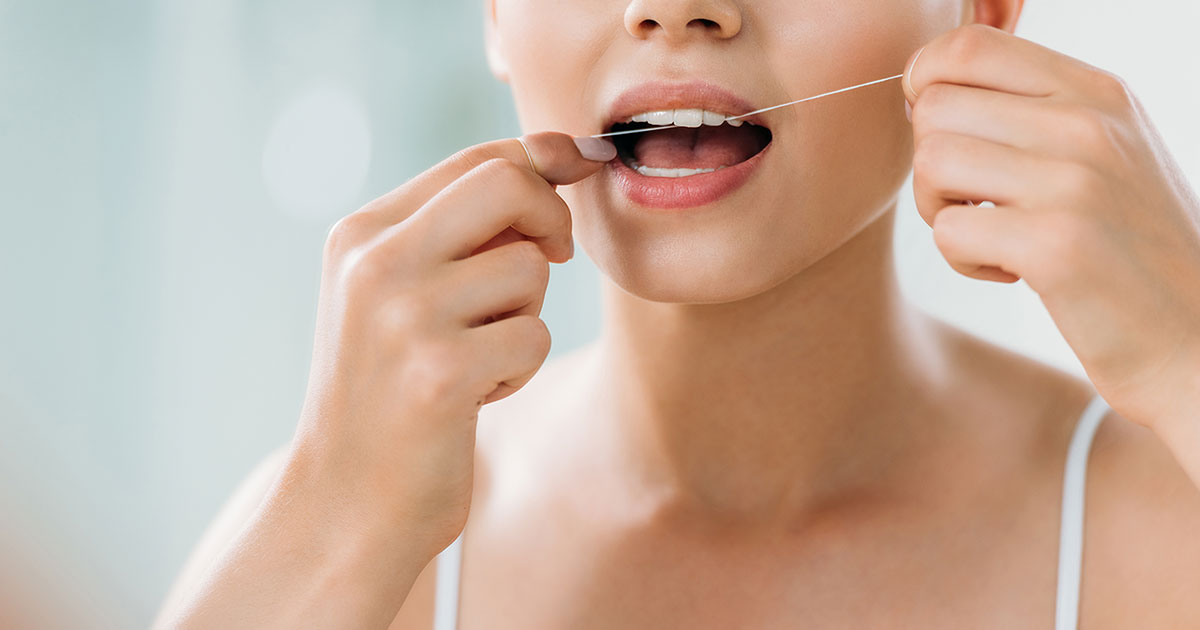Articles

Benefits of Dental Flossing for Optimal Oral Health
Posted by Olds Family Dental Clinic on Thu, 1 Feb 2024As a dedicated dental professional, Dr. Craven • Dr. Gill • Dr. Lo • Dr. Ahmed • Dr. Wang at Olds Family Dental Clinic in Olds emphasizes the importance of maintaining good oral hygiene for...
Read More...
How often should children have dental check-ups?
Posted by Olds Family Dental Clinic on Mon, 1 Jan 2024A dental check-up every six months is recommended for children. A healthy mouth supports the ability to enjoy a healthy diet, is beneficial for speech development, and an important part of overall...
Read More...
Do I need to have my dentist check this
Posted by Olds Family Dental Clinic on Fri, 1 Dec 2023Should I have my dentist check this? Good homecare, a healthy diet and regular dental exams and cleanings support a healthy mouth. There are some things that may need to be checked before your next...
Read More...
What is a Periodontal Pocket?
Posted by Olds Family Dental Clinic on Wed, 1 Nov 2023In a healthy mouth the gums fit snugly around each tooth, and the distance between the gumline and where the gum attaches to the tooth is 3 millimeters or less. This space or pocket area is an ideal...
Read More...
When will my baby’s teeth come in?
Posted by Olds Family Dental Clinic on Sun, 1 Oct 2023Typically all twenty of the primary teeth are present in the jaw when babies are born. Teeth start to come through between six and twelve months of age. Most children have a full set of primary...
Read More...
Will pregnancy affect my dental health?
Posted by Olds Family Dental Clinic on Fri, 1 Sep 2023Although many women go through pregnancy without any variations in their oral health, there are some systemic and hormonal changes that can contribute to changes in the condition of your gums and...
Read More...